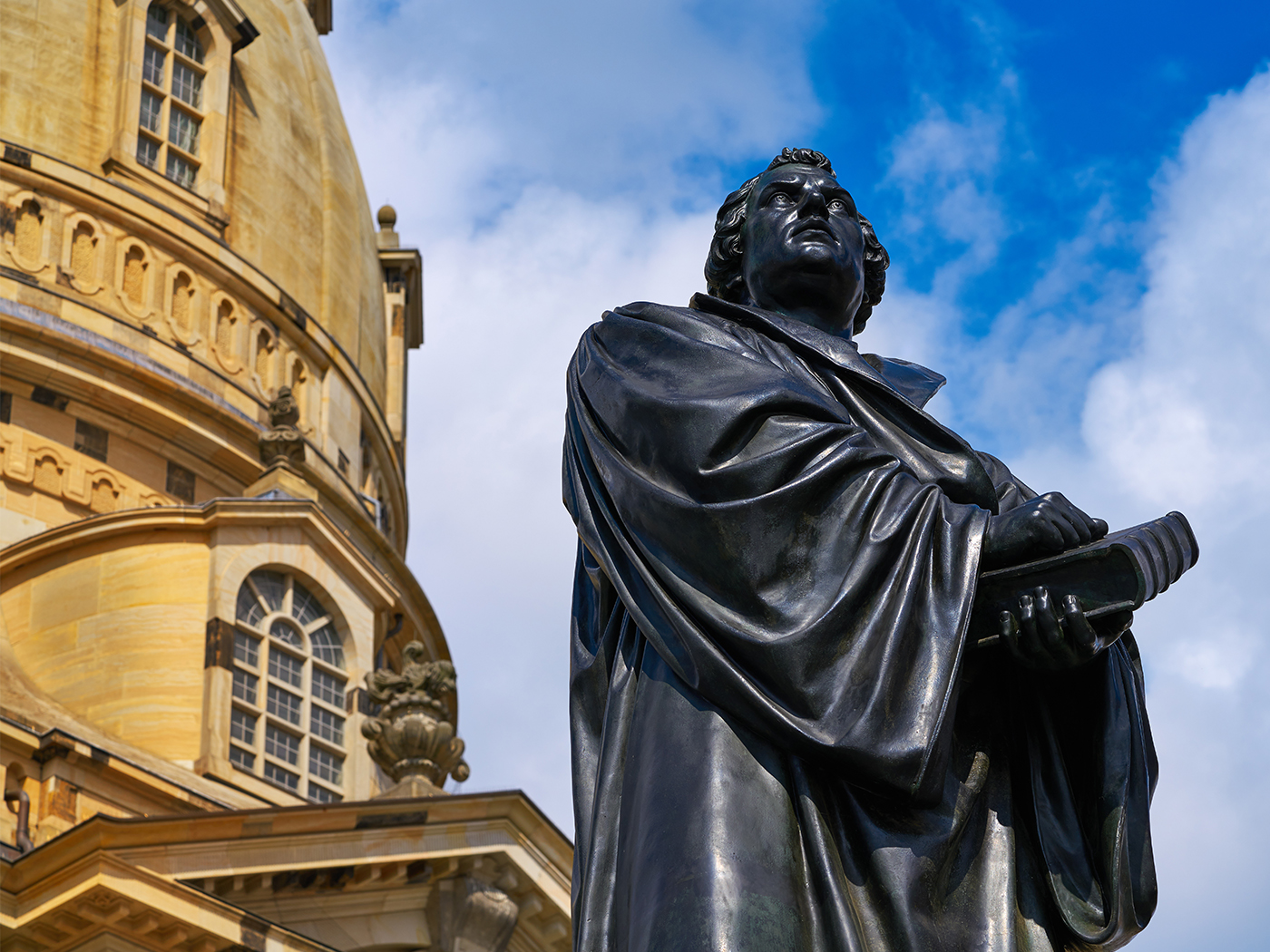General revelation is of prominent importance, as it is available to all people regardless of location and position in Christ. Psalm 19:1-4 pronounces, "The heavens declare the glory of God; and the firmament shows His handiwork. Day unto day utters speech, and night unto night reveals knowledge. There is no speech nor language where their voice is not heard. Their line has gone out through all the earth, and their words to the end of the world." General revelation is universal and available to all, exhibiting evidence of an omnipotent Creator God. In the New Testament, the Apostle Paul similarly discusses general revelation in Romans 1:20, "For since the creation of the world His invisible attributes are clearly seen, being understood by the things that are made, even His eternal power and Godhead, so that they are without excuse." This verse unambiguously communicates one precise reason for general revelation—to provide every person clear evidence that there is a God.
The most notable forerunner for the significance of general revelation and advocate for natural theology, that is, proving the existence of God and divine purpose through observation of nature and the use of human reason,2 was an 18th-century rational apologist, William Paley (1743–1805). He wrote Natural Theology, or, Evidences of the Existence and Attributes of the Deity (1802). Paley’s most well-known argument for the existence of a personal, intelligent Creator God was his watchmaker analogy. Paley contended that the human eye, for instance, contains evidence of intelligent design and could not have come about by chance. He related the eye with a watch found on a path. Would anyone think the watch came into existence by sheer accident? Of course not. Likewise, the human eye and the entire natural universe must be the result of an infinite intelligence.3
Humans can resist and attempt to deny this general revelation, but it cannot be escaped. All of nature, for all of time, proclaims not only the existence of God, but also His incredible power and magnificence. Only when humans actively suppress this transparent truth can the testimony of general revelation be denied. For "the fool has said in his heart, ‘There is no God.’ They are corrupt, they have done abominable works, there is none who does good" (Psalm 14:1).
The splendor of creation affirms God's existence, and His handiwork reveals that God is the designer, architect, and sustainer of all that exists. "The works of the Lord are great, studied by all who have pleasure in them. His work is honorable and glorious, and His righteousness endures forever" (Psalm 111:2–3).
References
1. Grudem, W. A. 2004. Systematic Theology: An Introduction to Biblical Doctrine. Leicester, UK: InterVarsity Press.
2. Barrett, P. 2013. Natural Theology. In Encyclopedia of Sciences and Religions. A. L. C. Runehov and L. Oviedo, eds. Dordrecht: Springer.
3. Olson, R. E. 2013. The Journey of Modern Theology: From Reconstruction to Deconstruction. Downers Grove: InterVarsity Press.
* Dr. Corrado earned a Ph.D. in Systems Engineering from Colorado State University and a Th.M. from Liberty University. He is a freelance contributor to ICR’s Creation Science Update, works in the nuclear industry, and is a senior officer in the U.S. Naval Reserve.





















